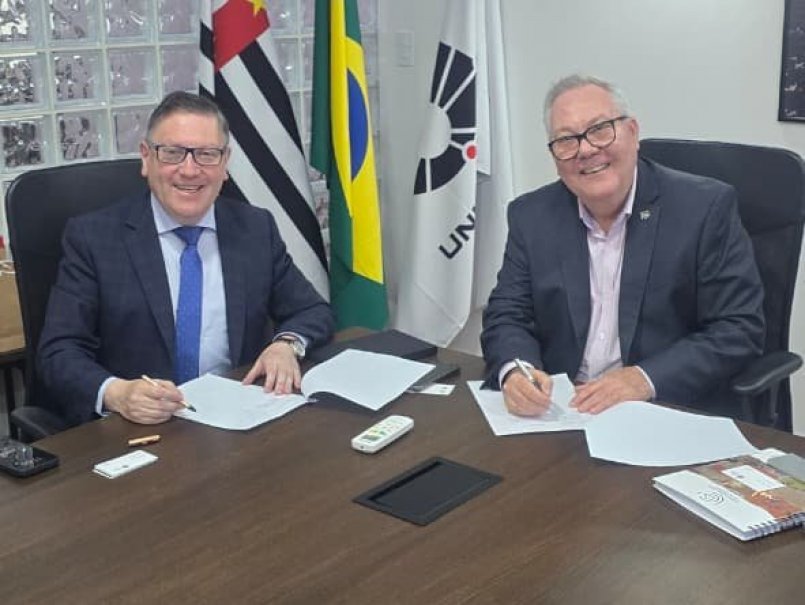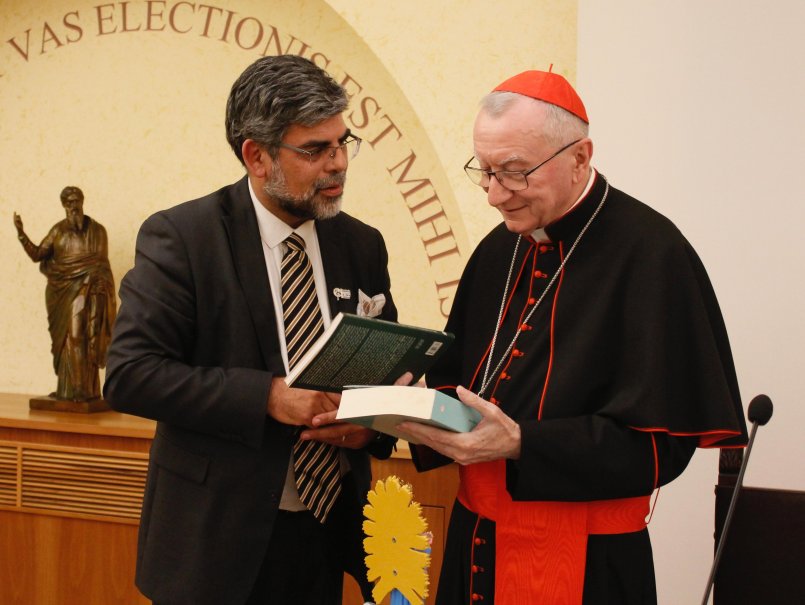
In the context of the International Day Against Violence to Women, our university held the “Gender violence in the threshold of change: Progress and challenges at the PUCV” colloquium.
On the occasion, various perspectives on this issue were addressed in depth, and at the same time, the importance of transforming the cultural structures that perpetuate inequality and abuse, was highlighted.
The Director of the Gender Equality unit, Yesika Herrera, highlighted that “this space not only seeks to analyze violence, but also to propose tangible ways to eradicate it and align with good practices defined in national and international agreements”.
Francisco Aguayo, psychologist and specialist in masculinities and mental health, proposed that “we cannot understand violence as an individual problem, it is a cultural phenomenon that is deeply rooted in our social structures”.
In addition, she mentioned that, although gender violence affects mainly women, men are also victims, however in a different way and this is a reality that is frequently overlooked.
For her part, Adela Bork, Scholar at the Social Work School, elaborated on how those violent practices, are so intertwined in our culture that, in many cases, we don’t even recognize it as such. “Violence is so present in our society, that sometimes, it becomes invisible to us (…) A profound change is needed in our way of thinking and acting. It is the only way to transform everyday practices”.
Javiera Carlesi, president of the FEPUCV, highlighted the active role of students to generate a culture of equality within the University. “It is not enough to talk about gender violence, you have to get actively involved in the change”, she expressed.
Pamela López, representative of Union N°1, highlighted the importance of creating safe workplaces that are free of violence. “Our union works to ensure that technical competence prevails over stereotypes. Women can also take roles that historically have been considered only for men”.
Along this line, Zahamara Aciares, president of the Alberto Hurtado Cruchaga Union, indicated that “we have worked hard to make gender violence in the workplace visible. In this way, it is key to move forward in creating safe spaces, where we can speak with respect and eradicate violence, because when we visualize and treat situations in a timely manner, we generate a better work environment and greater wellbeing for all”.
The colloquium consolidated itself as a key space to reflect on the advances and challenges both in the university and society. With a focus on institutional commitment, we confirm the need to build more inclusive surroundings that are safe and violence-free for all.
By Yaznarie López
Strategic Communications Department



